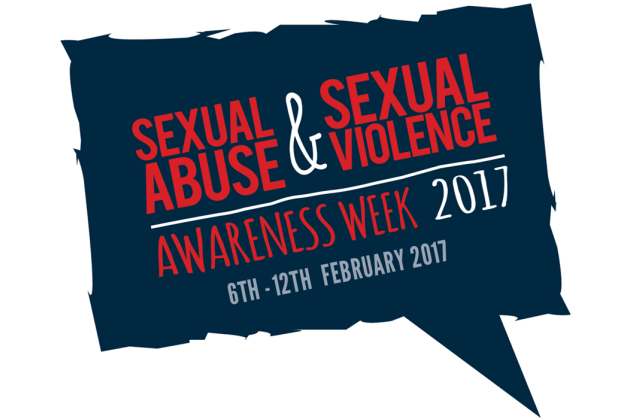The second Sexual Abuse and Sexual Violence Awareness Week runs from 6-12 February 2017.
Victim Support is supporting the week to raise awareness and encourage discussion of sexual abuse and violence, along with other charities such as Rape Crisis, the Survivors Trust, Survivors UK and NAPAC.
Last year, 625,000 people experienced sexual abuse in England and Wales, according to the ONS Crime Survey.
Find out more about the myths and realities of sexual abuse by watching our video series below.
Jane’s story
Jane* was sexually abused by someone she should have been able to trust — her babysitter and mum’s close friend. Embarrassed and ashamed, she never felt able to tell anyone and kept what happened to her a secret for years.
I felt like I had no one I could turn to.
My mum was never there, so I couldn’t tell her anything and I kept thinking that I was the one to blame.
Years later Jane thought she’d be able to move forward, but her abuser continued to visit her brother living next door. Seeing his face brought everything back and Jane knew she couldn’t hold it in any longer.
I came across Victim Support online and found this a really great opportunity to write everything out in an email, something I’d never done before.
I was soon contacted by Sandra* who not only believed me but also gave me the opportunity to let out all my anger and frustration.
I made the decision to report what had happened to me to the police and Sandra was there every step of the way.
Victim Support helped me get back control of my life.
My abuser was eventually found guilty. He was put on the sex offenders register and I had a restraining order put in place so he couldn’t come near me.
I couldn’t have done anything without Victim Support.
Two years on and I still see Sandra now. Although it’s going to take some time, I’ve been able to begin to heal and move forward with my life.
*names changed to protect identity
I’ve been sexually assaulted. How do I get help?
Sexual abuse or assault happens when someone touches you in a sexual way you don’t like, or forces you to touch them sexually. If you’re forced to have penetrative sex with someone, or someone has sex with you without your consent, this is rape.
Whatever the circumstances, sexual abuse or violence is never the victim’s fault, and can have a devastating and long-lasting impact on your well-being.
If you’ve experienced sexual abuse or sexual violence, we can give you the support you need to move forward. It doesn’t matter if you reported the abuse or not, or when it took place — we’re here to listen and help.
Contact us for free and confidential support.
Get involved
You can help by raising awareness of sexual abuse this week. Join the conversation on Twitter using the hashtag #itsnotok and let people know where they can get support.

